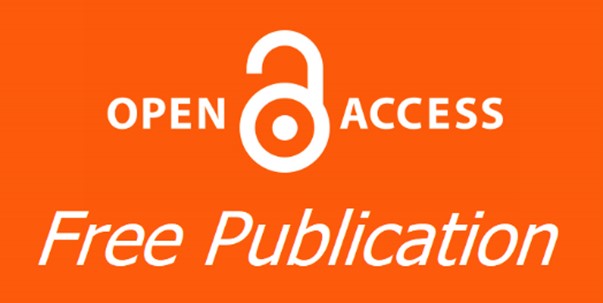Document Type
Original Study
Abstract
Purpose: The purpose of this study was to evaluate the Biological Mechanisms of Lithium separately and in combination with Caffeine in Palatogenesis in Albino Rat Materials and Methods: Thirty six adult rats were used in this study, twenty four female and twelve male rats, after mating procedures and confirmation of pregnancy the pregnant rats were divided into 3 groups :group1(control) , which consists of six pregnant rats and were not receive any medication during gestation, group2’ Which consists of nine pregnant rats and were received prianil (lithium carbonate) 200mg/kg intragasteric During the period of ( 6th to 15th ) day of gestation &group 3: Which consists of nine pregnant rats and were received prianil (lithium carbonate) 200mg/kg rat and caffeine 18mg/kg rat intragasteric durig the same period. The fetuses were obtained from mother were decapitated and the heads were fixed in buffered formaline for at least 3 hours. The specimens were collected, prepared and examined by routine haematoxylin &eosin and immunostained by (Ki-67) marker. Results: at 16, 18 and 21 days of gestation, the greatest mean value was recorded in group II, followed by group III, with the least value recorded in group I. Both group I and III revealed a decrease in area percent of (Ki-67) throughout the study, whereas in group II revealed an increase. Conclusions: The study offers a clear evidence that lithium during pregnancy causing cleft palate in fetus and caffeine could efficiently antagonize the teratogenicity of high doses of lithium on palate when both administrated.
Keywords
lithium carbonate; Caffeine; cleft palate; Ki-67
How to Cite This Article
Saad, Hagar; Farid, Mona; and Adawy, Heba
(2018)
"Biological Mechanisms of Lithium separately and in combination with Caffeine in Palatogenesis in Albino Rat,"
Al-Azhar Journal of Dentistry: Vol. 5:
Iss.
5, Article 8.
DOI: https://doi.org/10.21608/adjg.2018.109378
Subject Area
Oral Medicine and Surgical Sciences Issue (Oral Medicine, Oral and Maxillofacial Surgery, Oral Pathology, Oral Biology)








